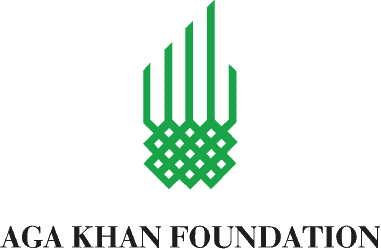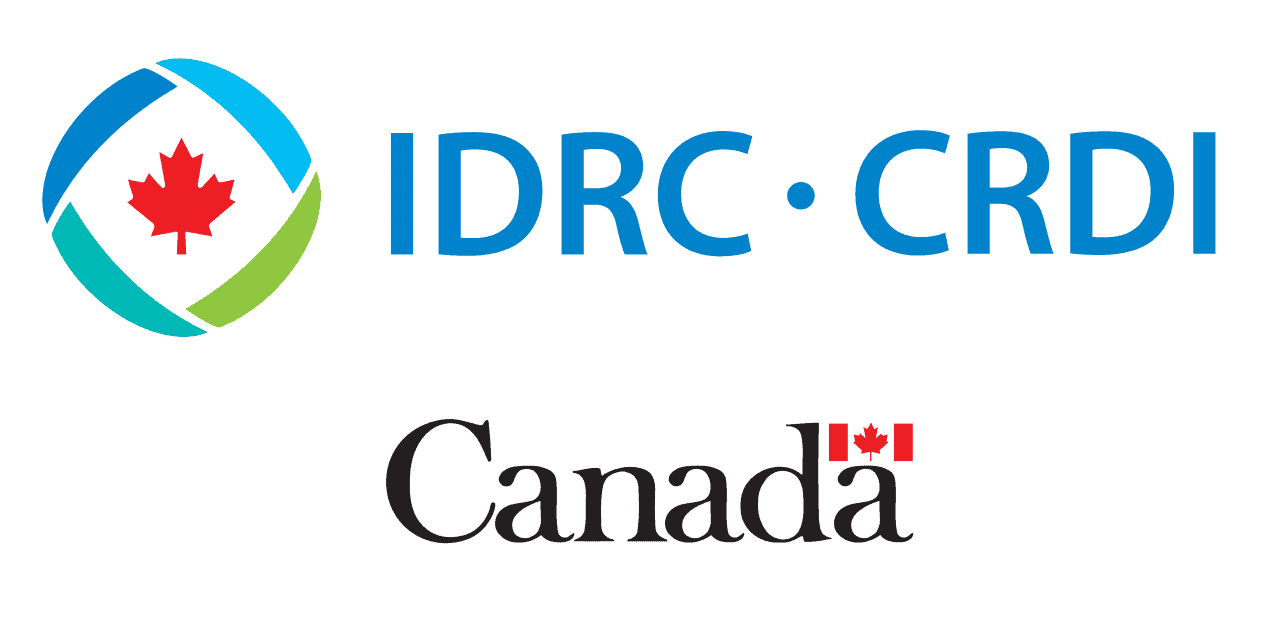Schools2030 is a global movement for holistic learning and teacher leadership.
Led by the Aga Khan Foundation, we support teachers across the world to design low-cost, holistic learning innovations that can transform teaching and learning, in their classrooms and beyond.
Watch to learn more
Our goal is to improve quality teaching and holistic learning and to build resilient education systems worldwide.
We offer a proven model for education innovation that can change the lives of millions, including for those living in remote regions and those facing multiple forms of disadvantage and crises.
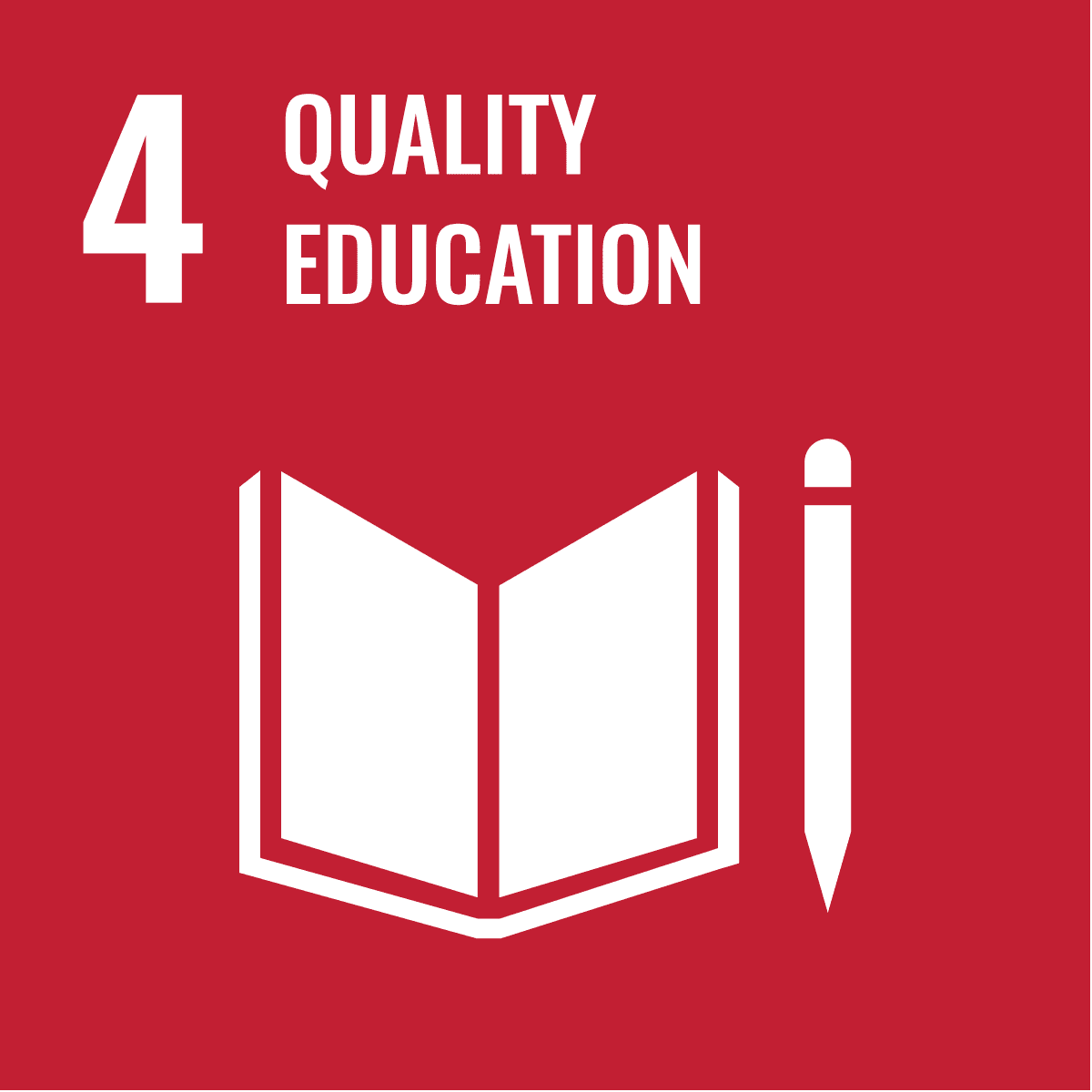
There is a crisis in learning – a crisis of equity, inclusion, quality and relevance.
Teachers across the world must be supported to respond to the needs of their learners and communities with agility, expertise and leadership.
That’s why we are equipping teachers to design, test, and scale context-driven innovations that have a proven impact on teaching and learning. By building this evidence from the classroom and disseminating it at local, national and global levels, we are driving system-wide change and advancing towards SDG4: quality education and lifelong learning for all.
There is a crisis in learning – a crisis of equity, inclusion, quality and relevance.
Teachers across the world must be supported to respond to the needs of their learners and communities with agility, expertise and leadership.

That’s why we are equipping teachers to design, test, and scale context-driven innovations that have a proven impact on teaching and learning. By building this evidence from the classroom and disseminating it at local, national and global levels, we are driving system-wide change and advancing towards SDG4: quality education and lifelong learning for all.
10 Countries, 1000 Schools, Endless Possibilities
Since 2020, we have worked with teachers from across 10 countries who have designed education innovations for over 1000 government schools and community learning sites.
When teachers are recognised as leaders, innovators and active agents in education reform, learning transforms.
Three Steps to Transform Learning
Through our Three-Step Model, teachers are provided with a range of tools and guidance to affect real change in their classrooms. This Human-Centred Design process also drives school-level innovation towards wider systems-change.
ONE: ASSESS
Schools2030 supports teachers to measure the holistic learning levels of their students with simple, contextualised assessment tools.
TWO: INNOVATE
Schools2030 supports teachers to create new pedagogical practices and innovations through a cyclical process of design, test, reflect and iterate.
THREE: SHOWCASE
Schools2030 supports teachers to showcase their innovations through community, national and global forums to inspire systems-level educational change.
We Target Three Key Transition Years
Our teachers target their innovations at the most important three stages in a young person’s educational journey.
We Focus on the Skills Needed to Thrive
We believe that education should be holistic – instilling not just traditional skills and knowledge, but the attitudes and values needed to thrive in an uncertain world. The innovations created by our teachers aim to improve a range of skills that align to each country’s policy priorities.
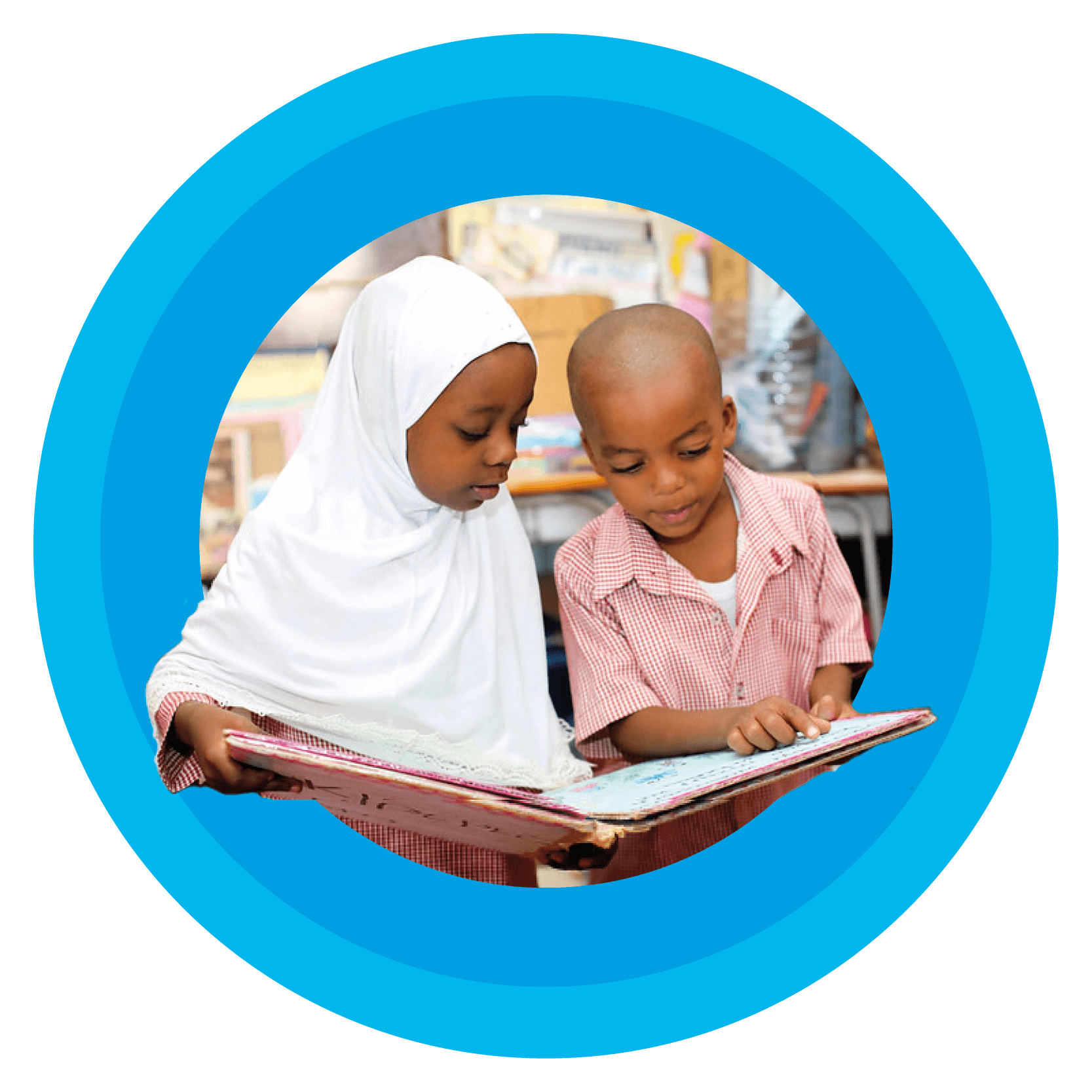
LITERACY
the ability to read and write
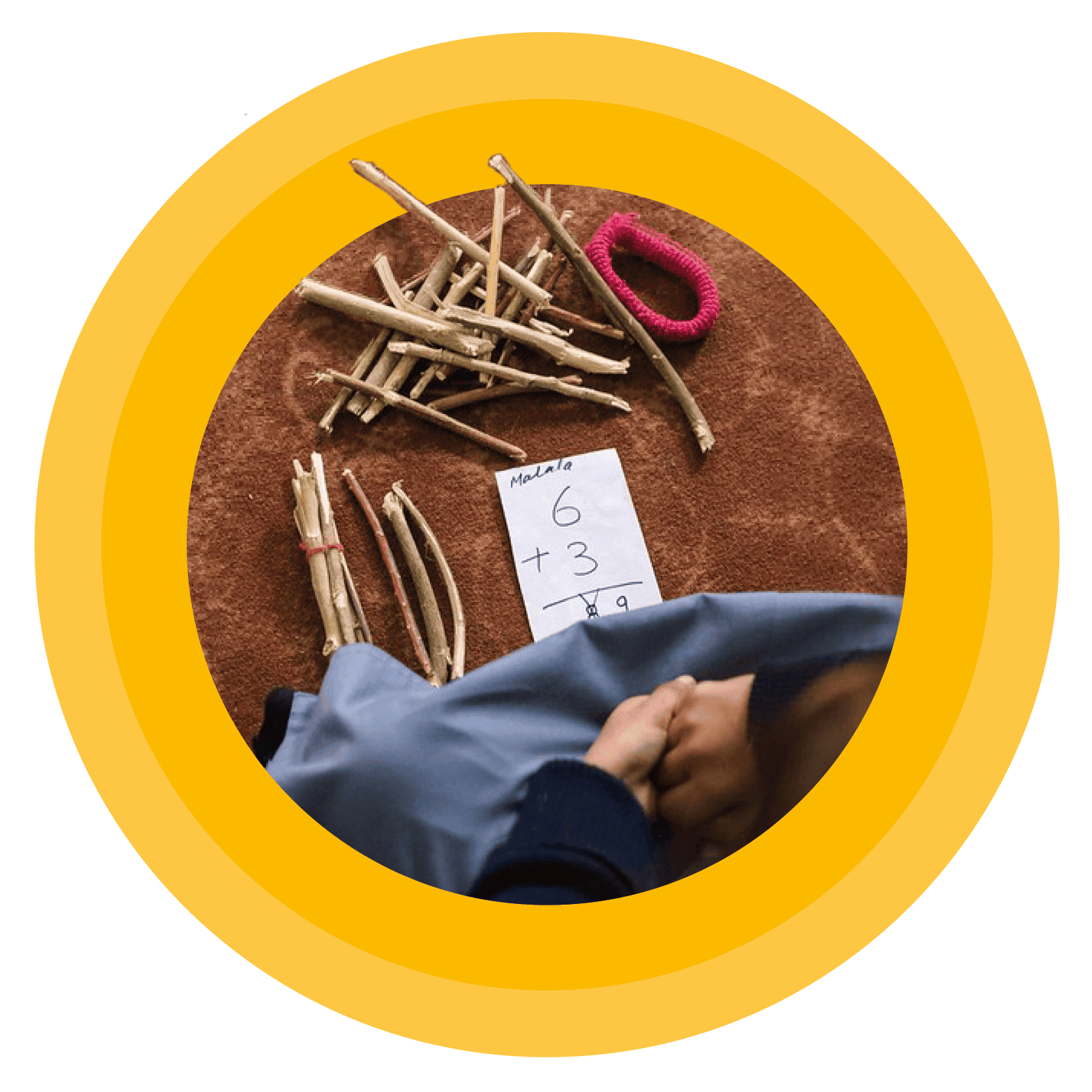
NUMERACY
the ability to understand and work with numbers
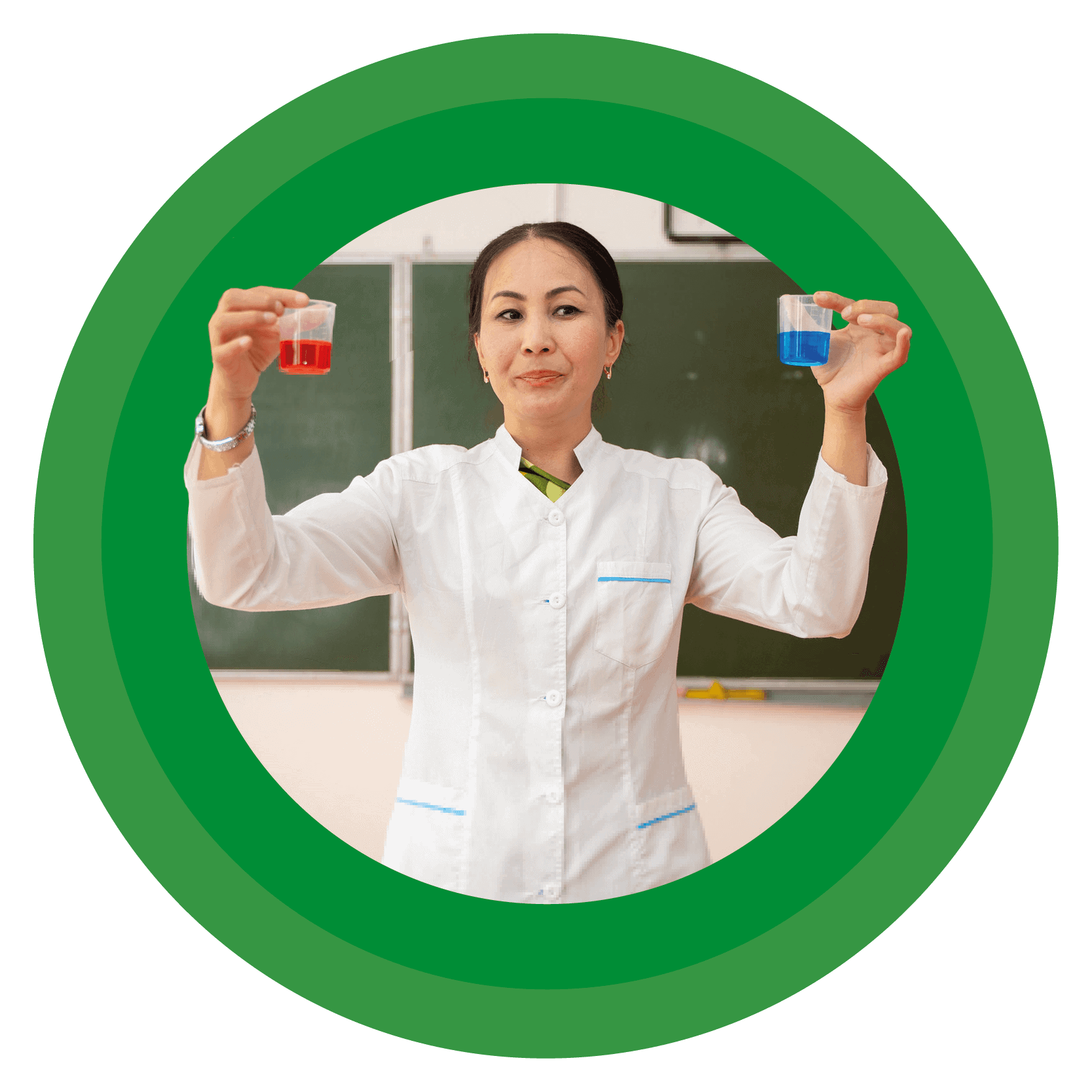
SCIENCE
the systematic study of the structure and behaviour of the physical and natural world
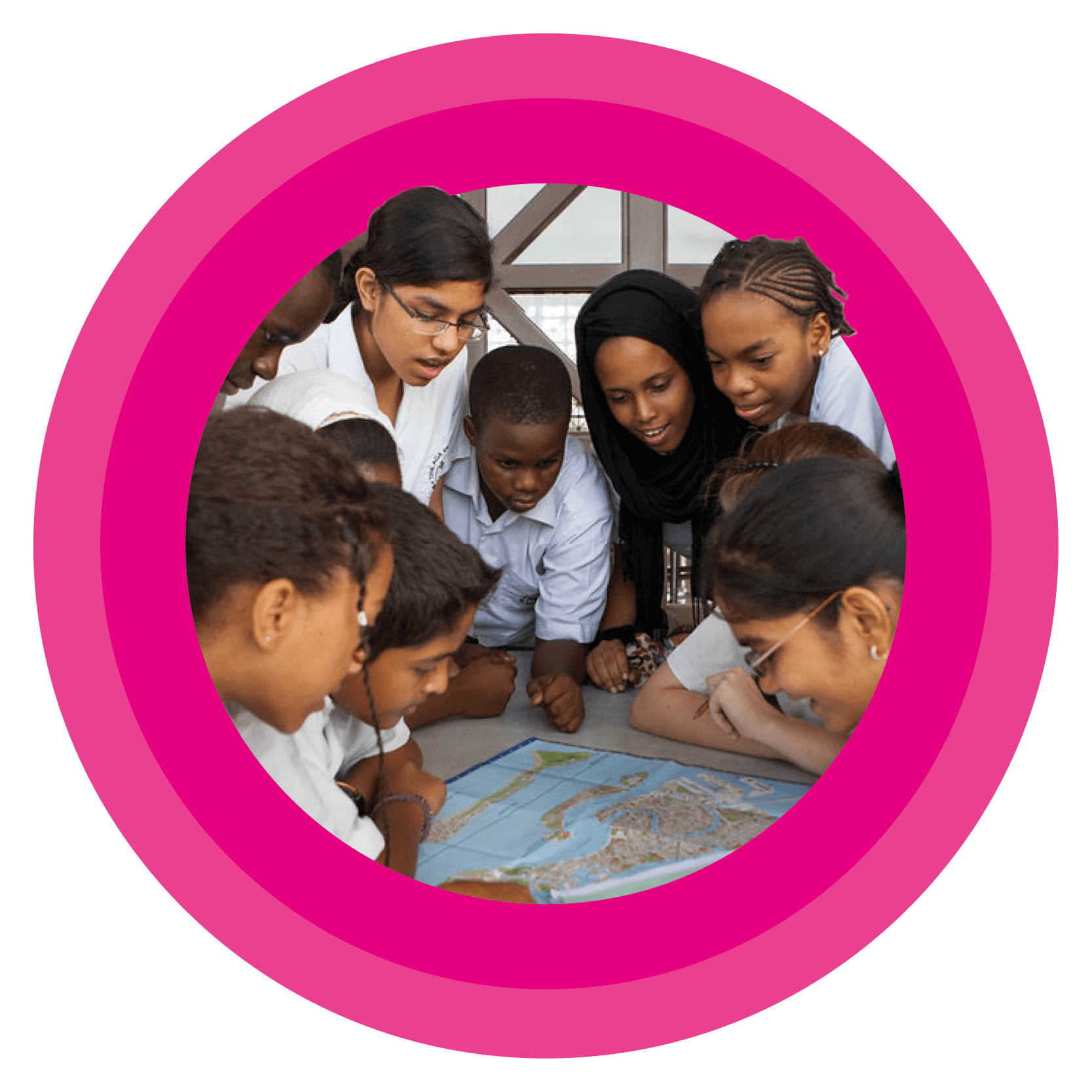
HUMANITIES
a range of academic disciplines that study aspects of human society and culture
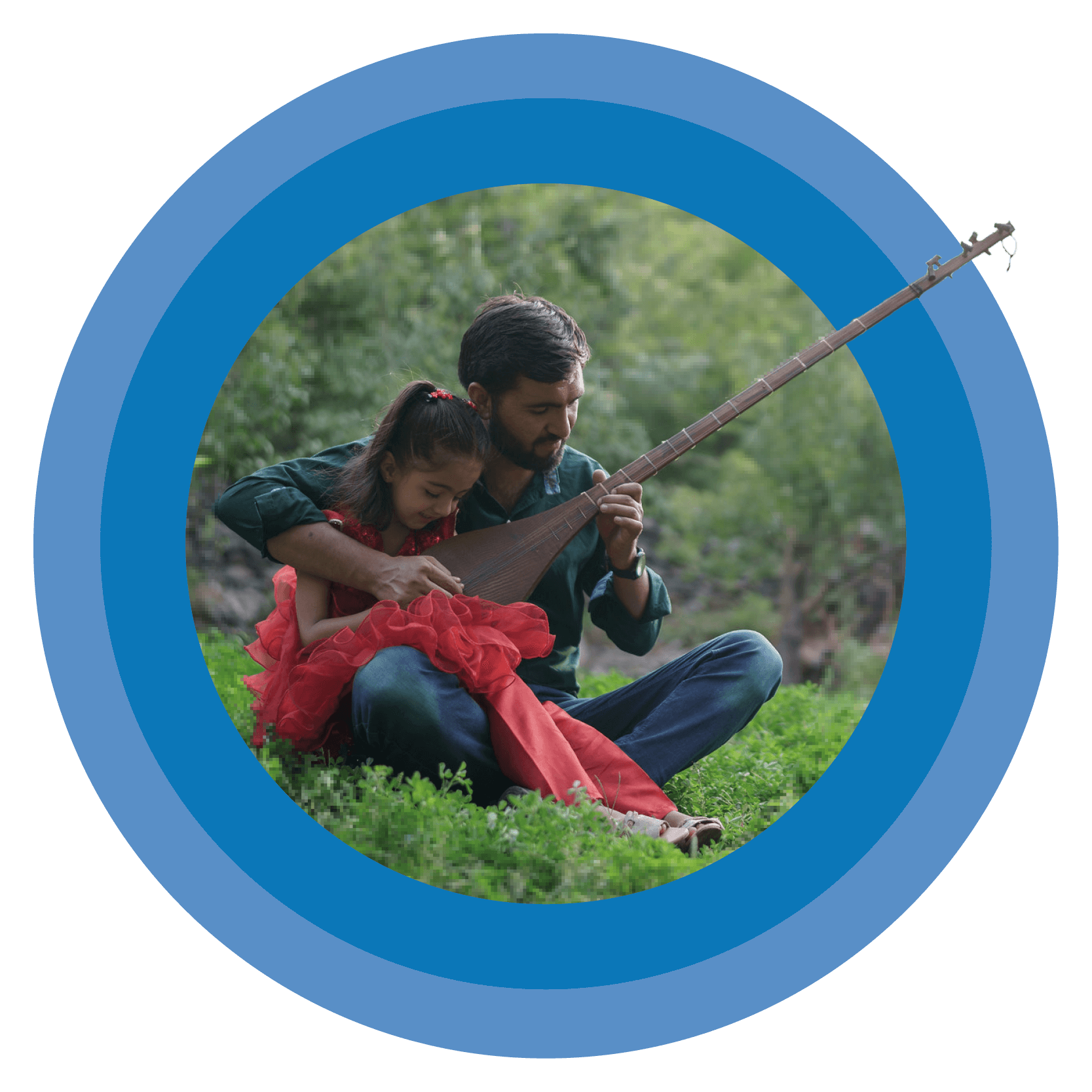
ARTS & CULTURE
creative and cultural activities, including performing, visual, and fine arts, music, dance, literature, traditional crafts, and folk arts
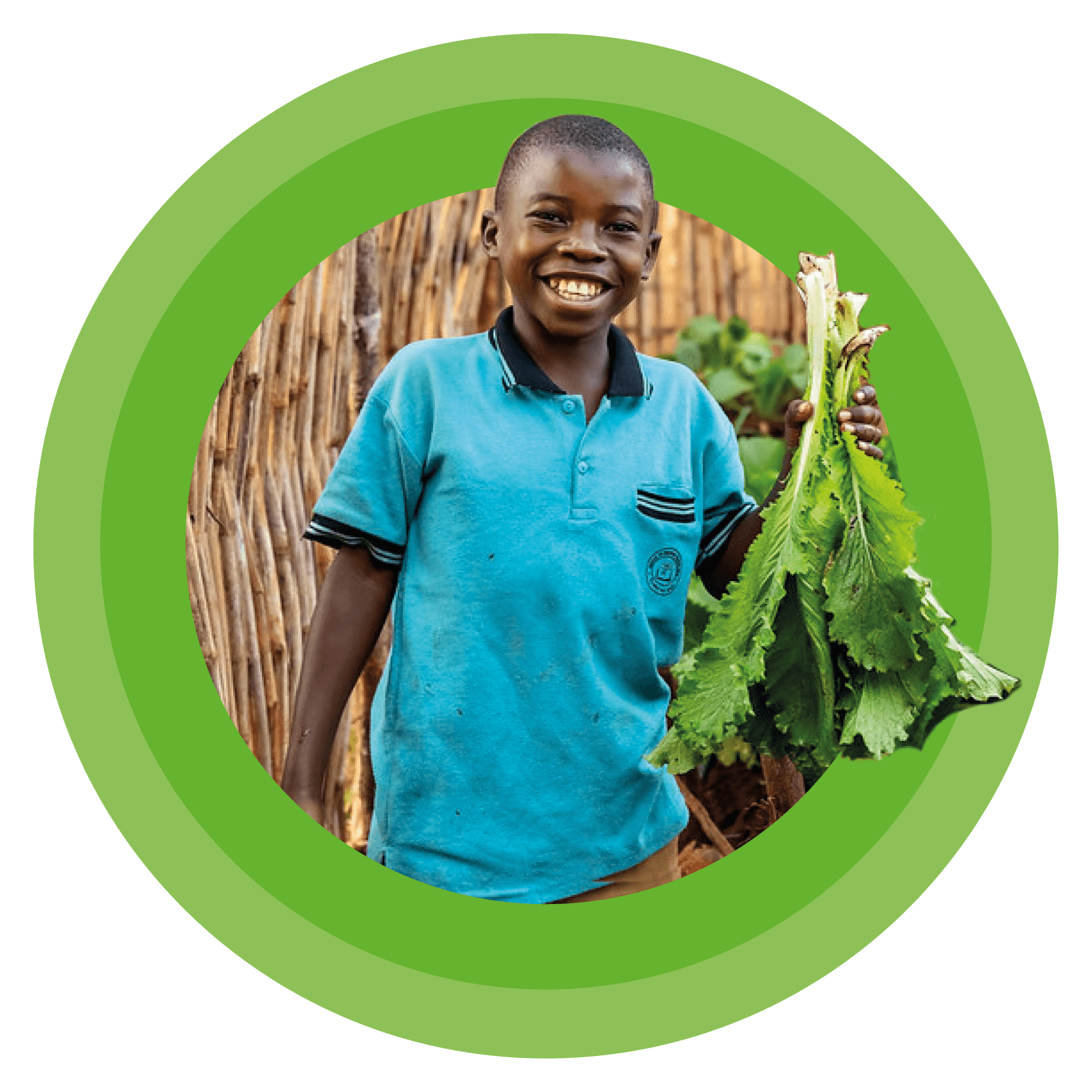
HEALTH & NUTRITION
a field of study that examines the relationship between food intake and health outcomes
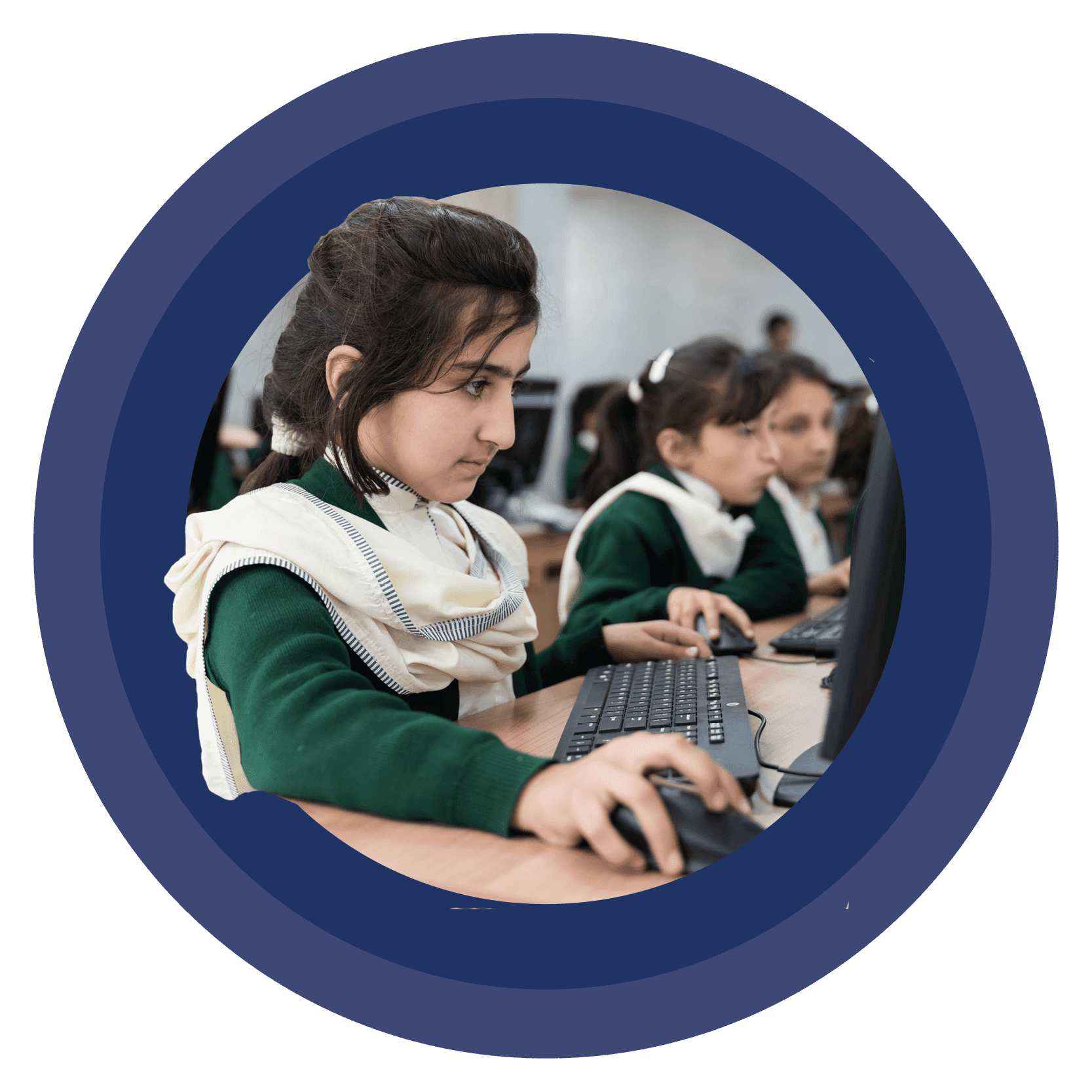
DIGITAL LITERACY
the ability to use, understand, evaluate, create, and share information using digital tools and technologies
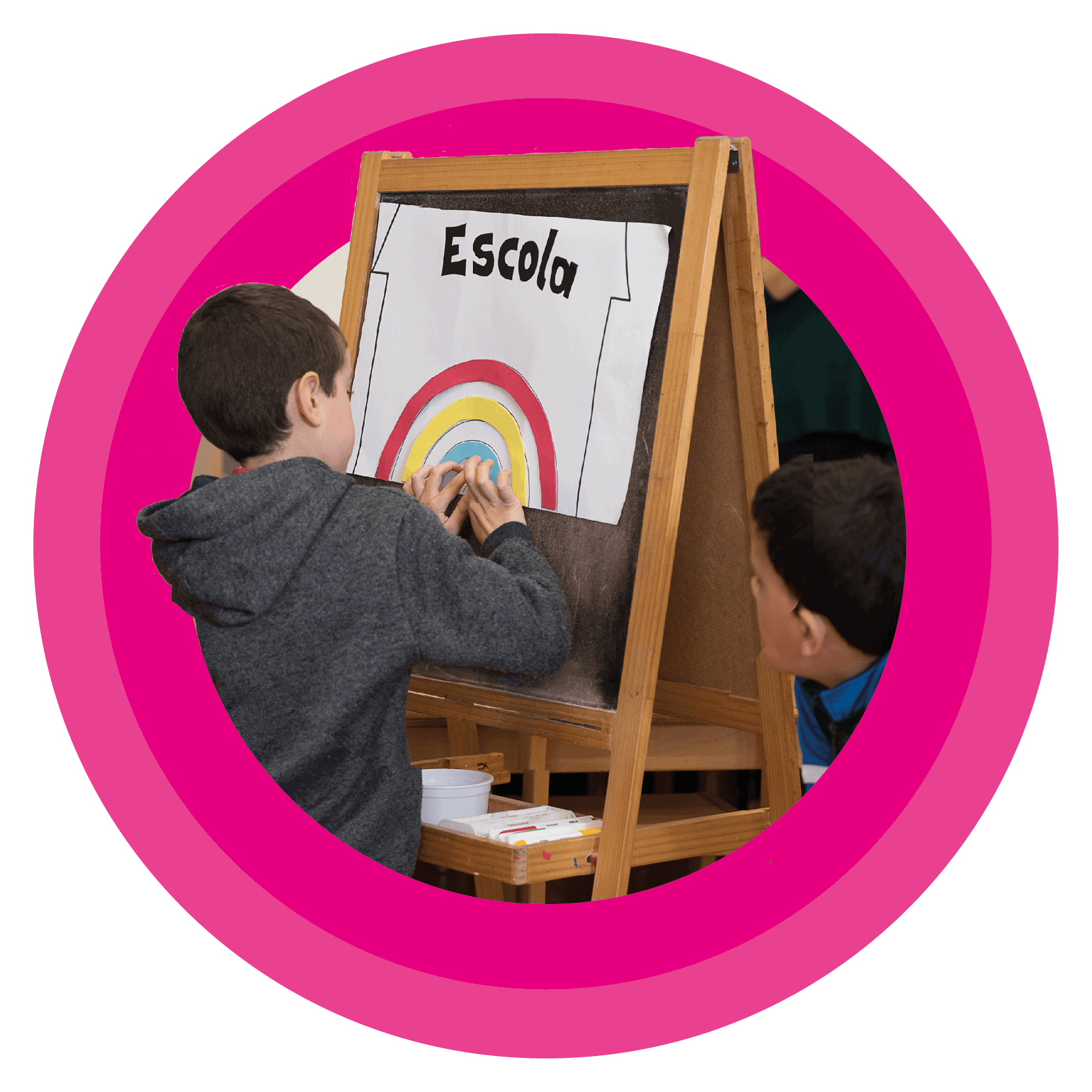
CREATIVITY
the use of imagination or original ideas to create something

LEADERSHIP
the process of influencing and guiding a group of people to achieve a common goal
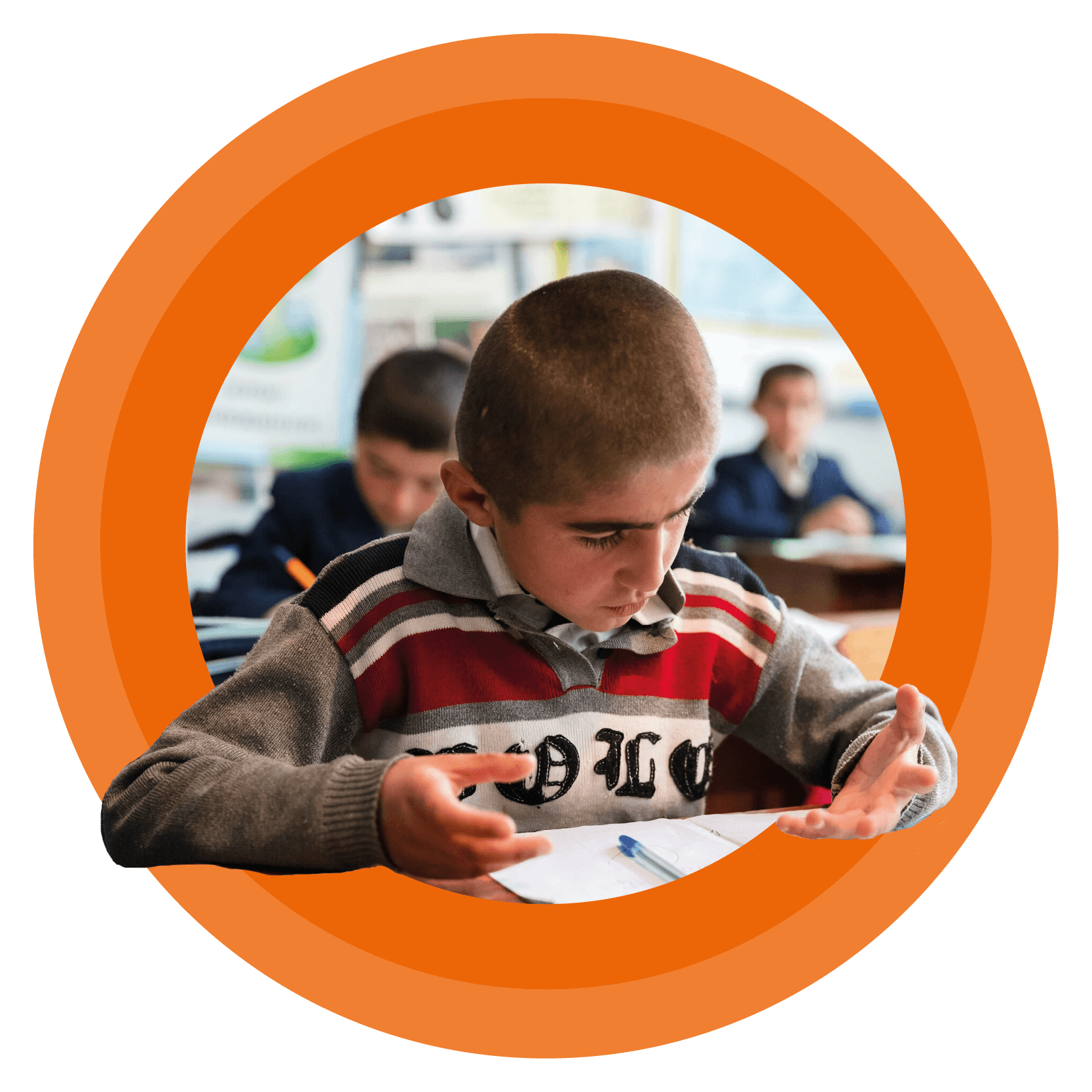
PROBLEM-SOLVING
the process of finding solutions to difficult or complex issues
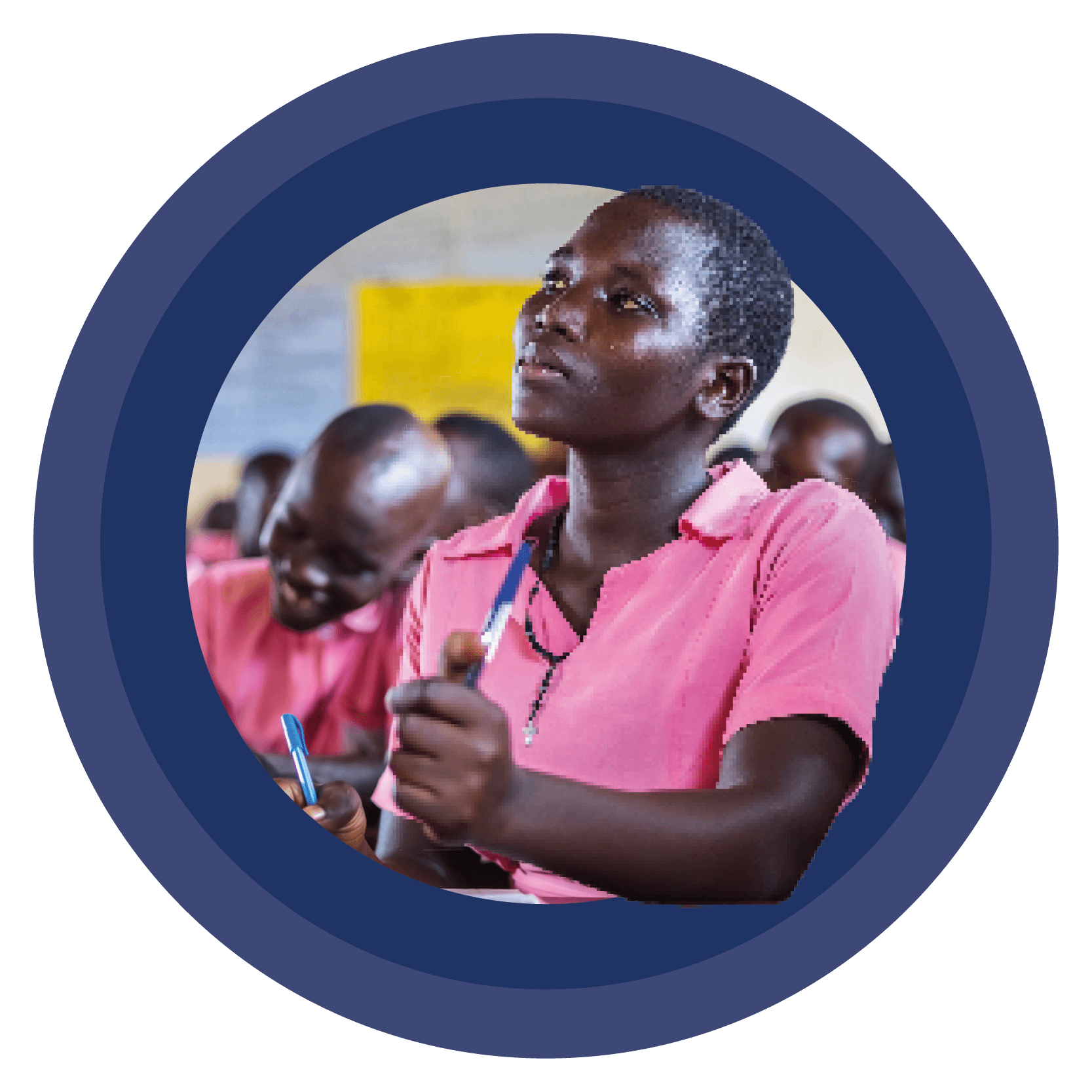
CRITICAL-THINKING
the objective analysis and evaluation of an issue in order to form a judgement
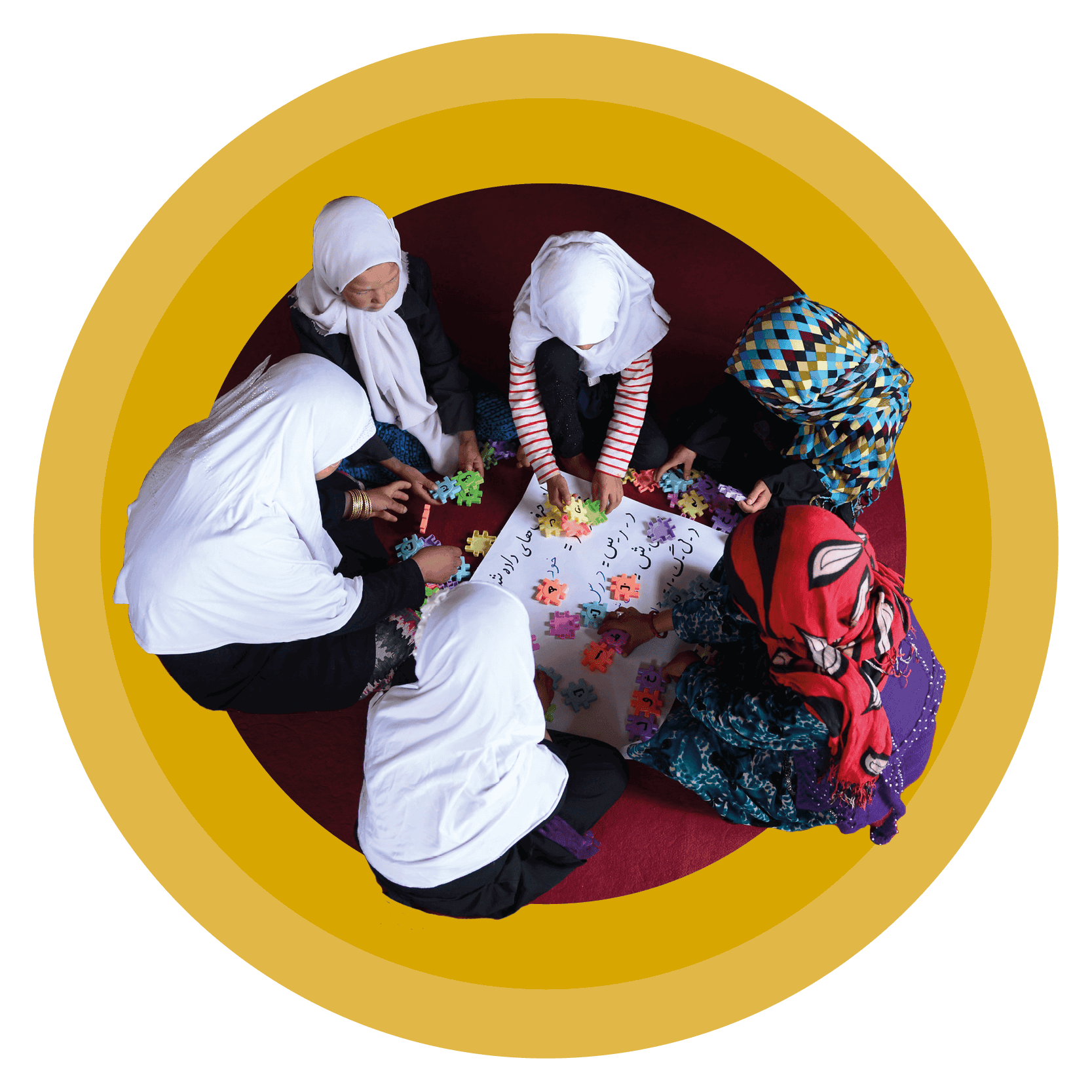
COLLABORATION
the action of working with others to produce something
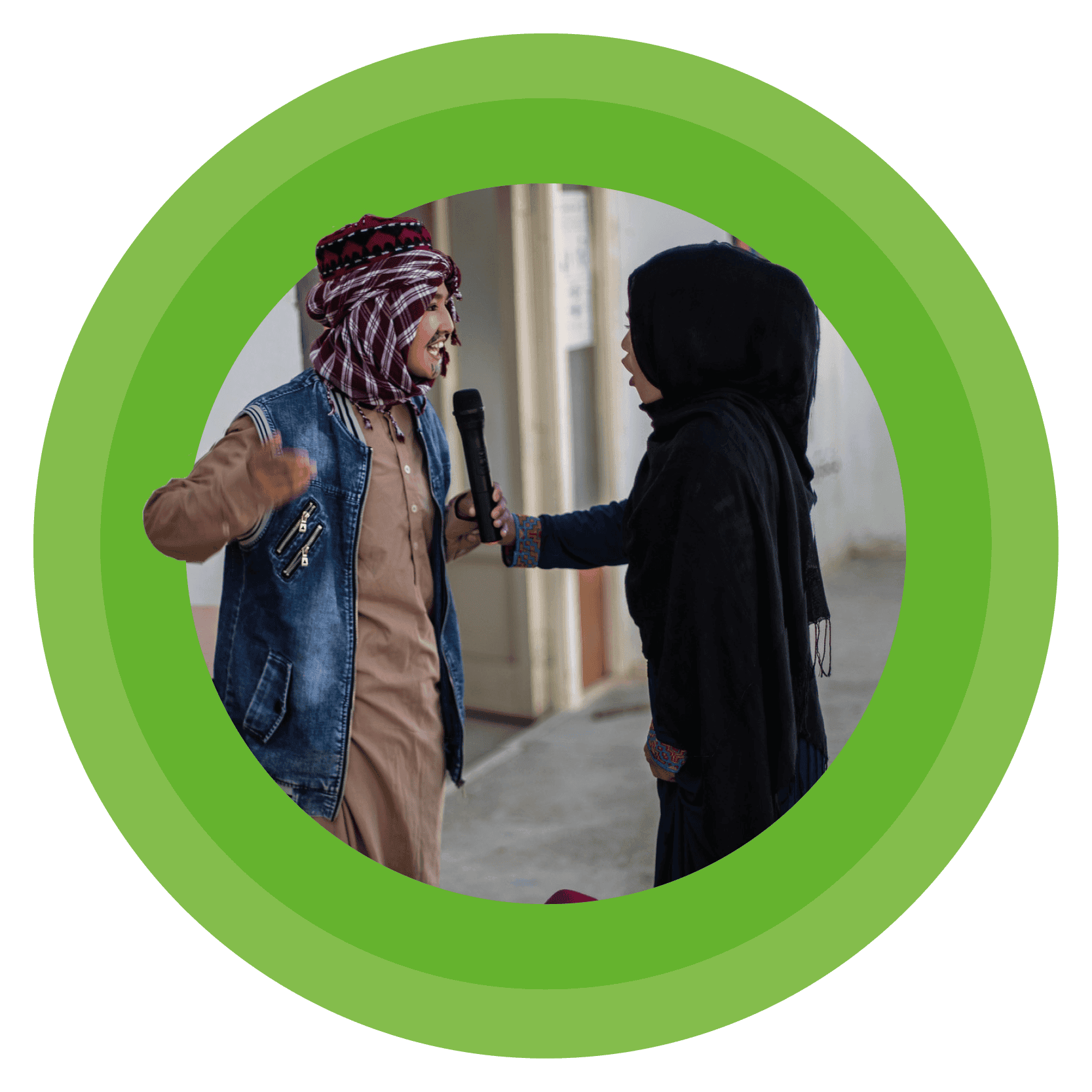
COMMUNICATION
the imparting or exchanging of information by speaking, writing, or using some other medium
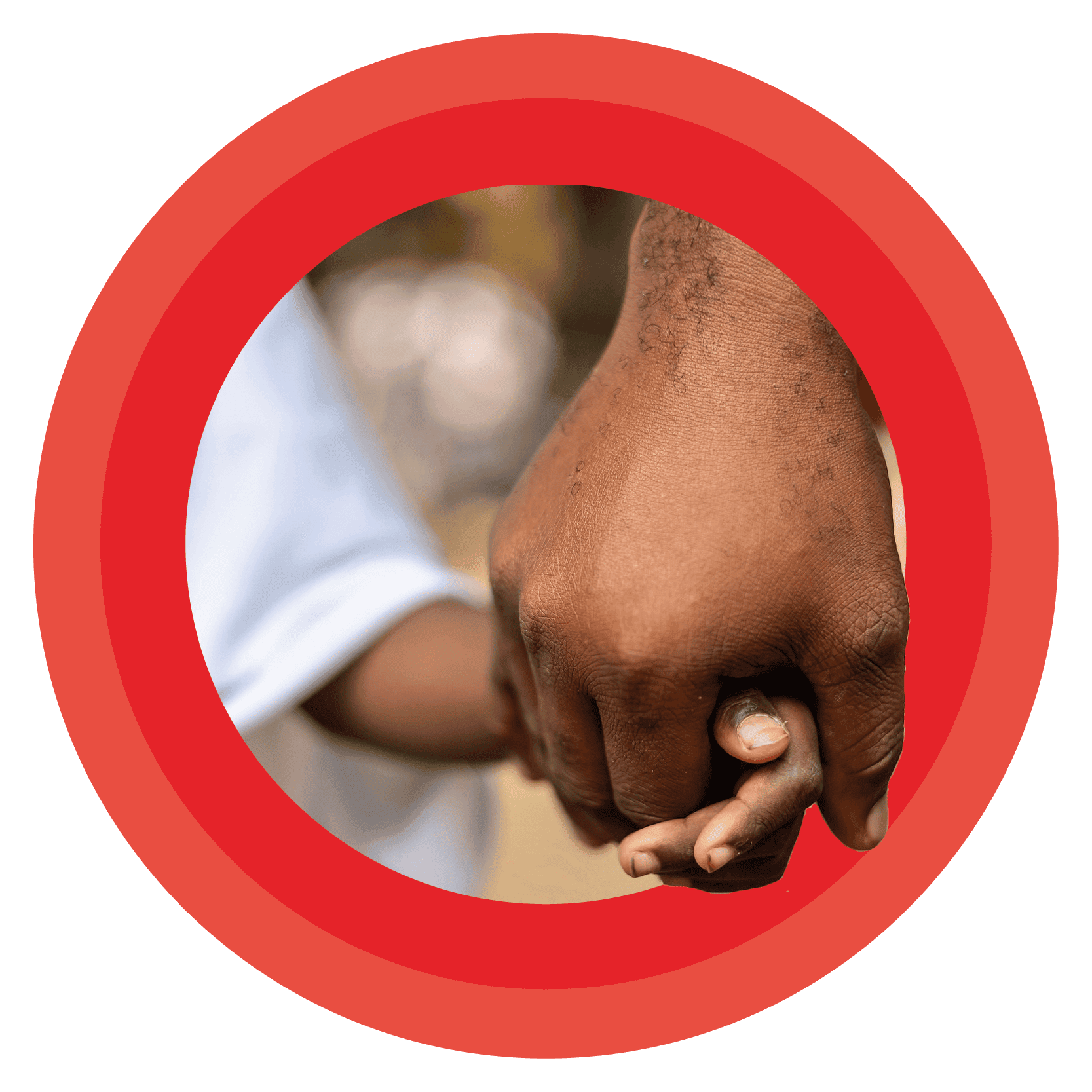
EMPATHY
the ability to understand and share the feelings of another
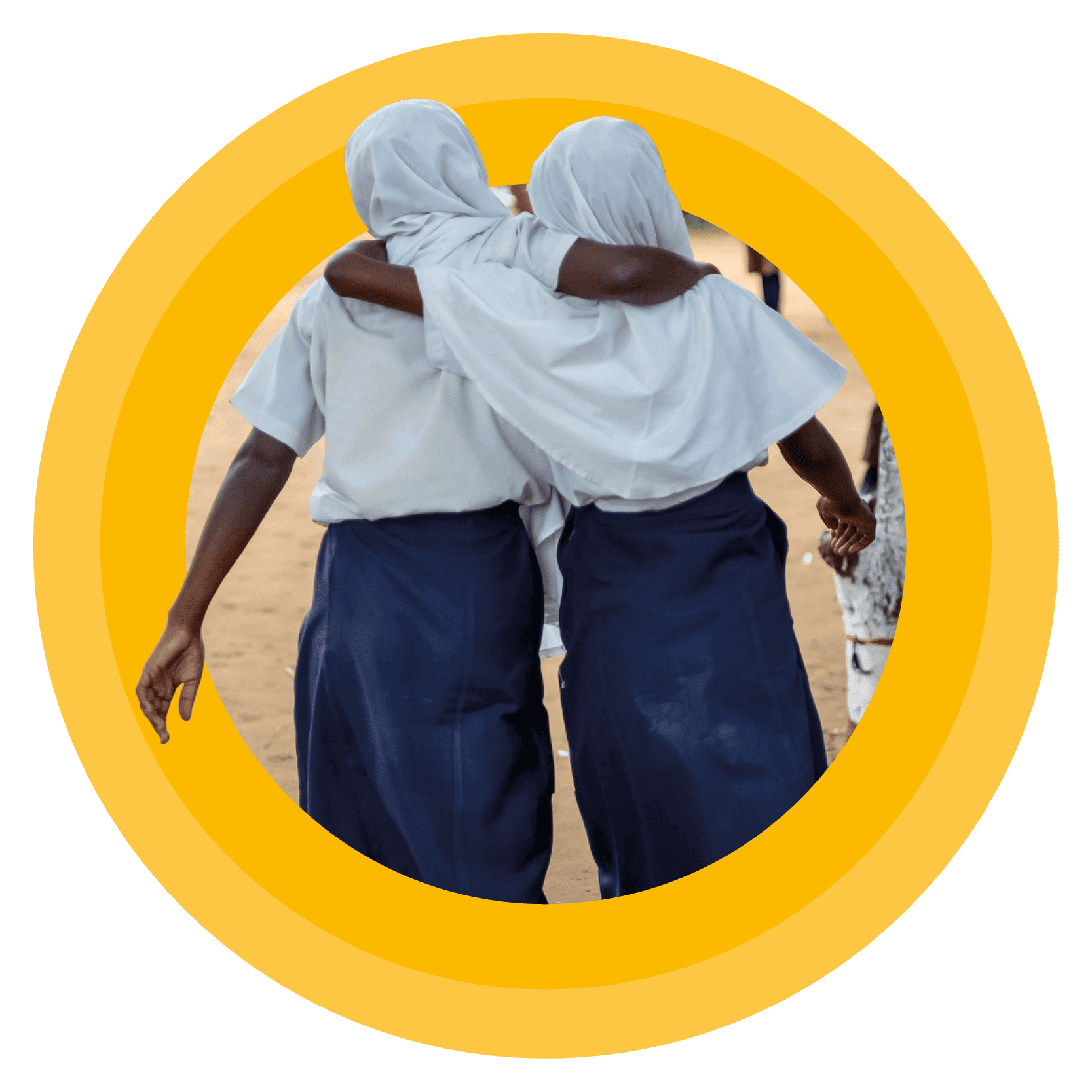
RELATIONSHIP-BUILDING
the process of establishing, nurturing, and maintaining positive, meaningful connections and trust with others over time
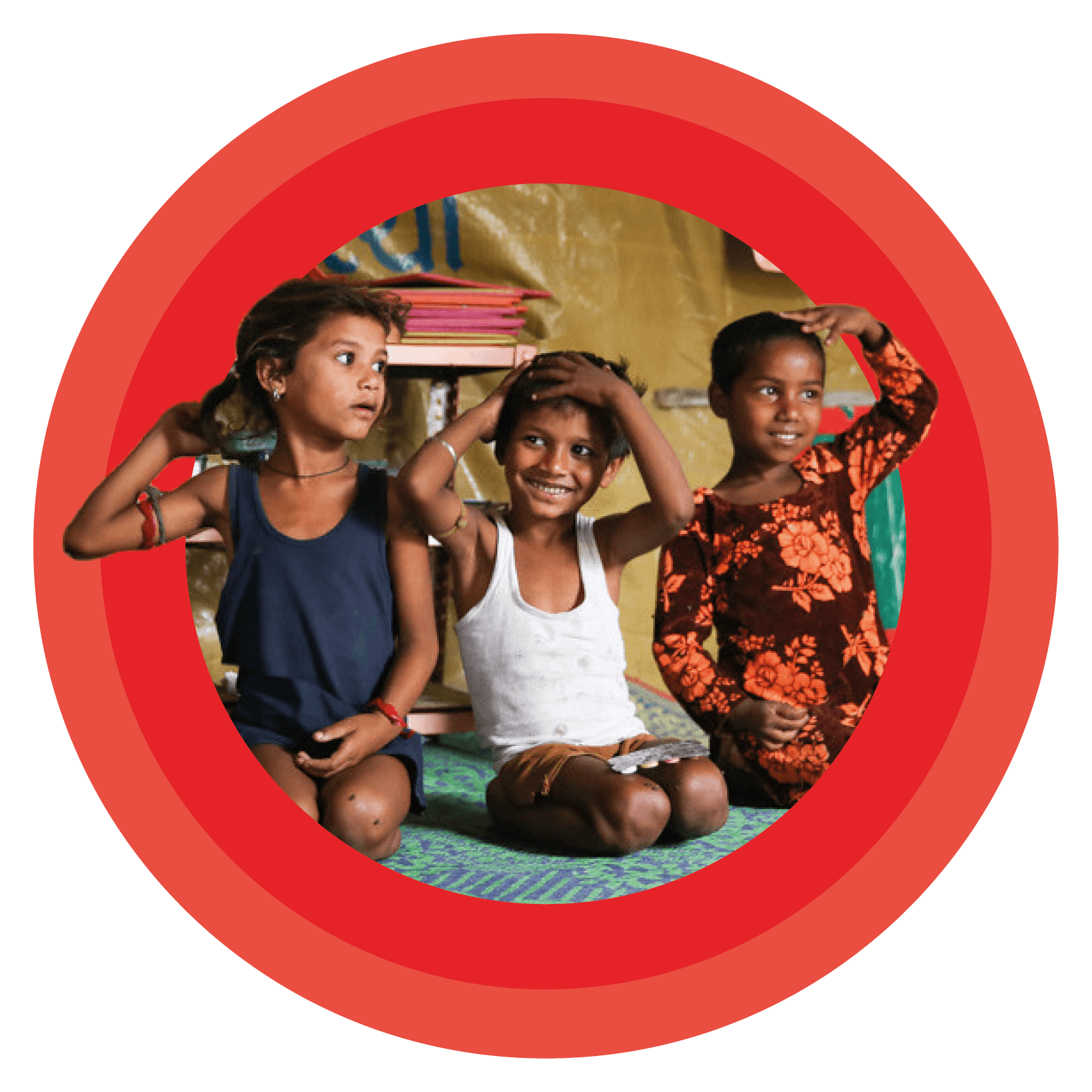
SELF-AWARENESS
conscious knowledge of one's own character and feelings
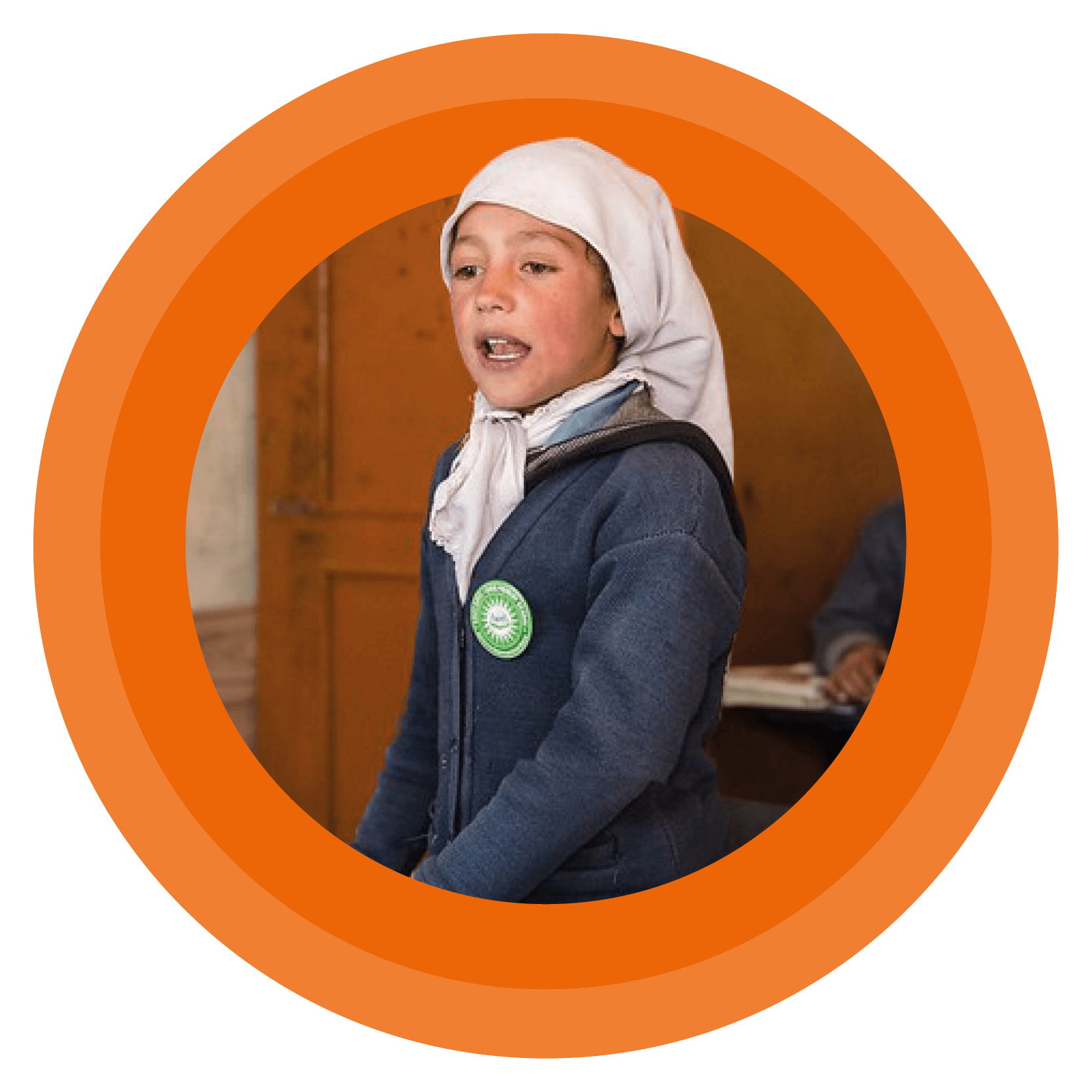
SELF-EFFICACY
an individual's belief in their own ability to achieve a specific goal or perform a particular task
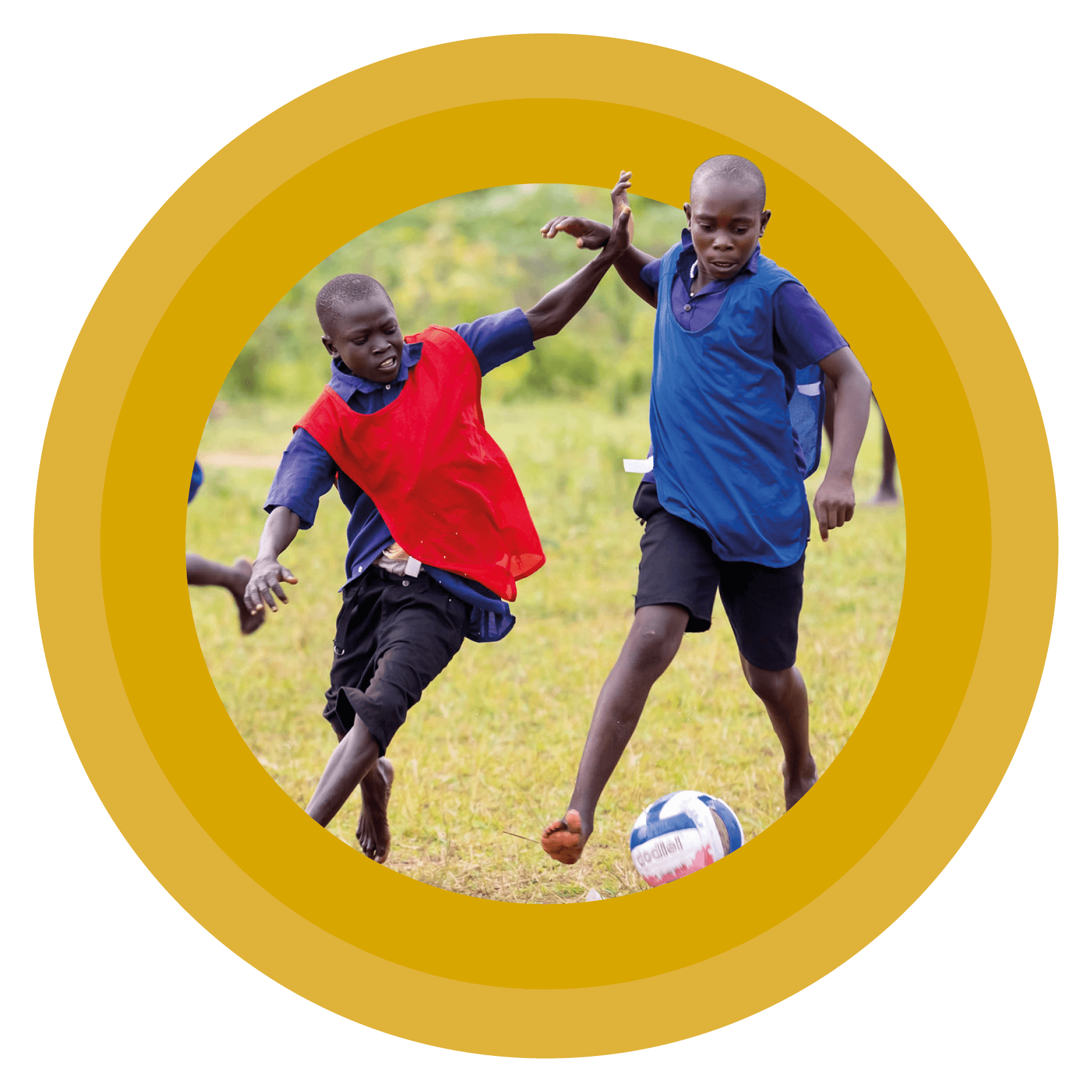
RECONCILING TENSIONS
the process of addressing and repairing fractured relationships after conflict
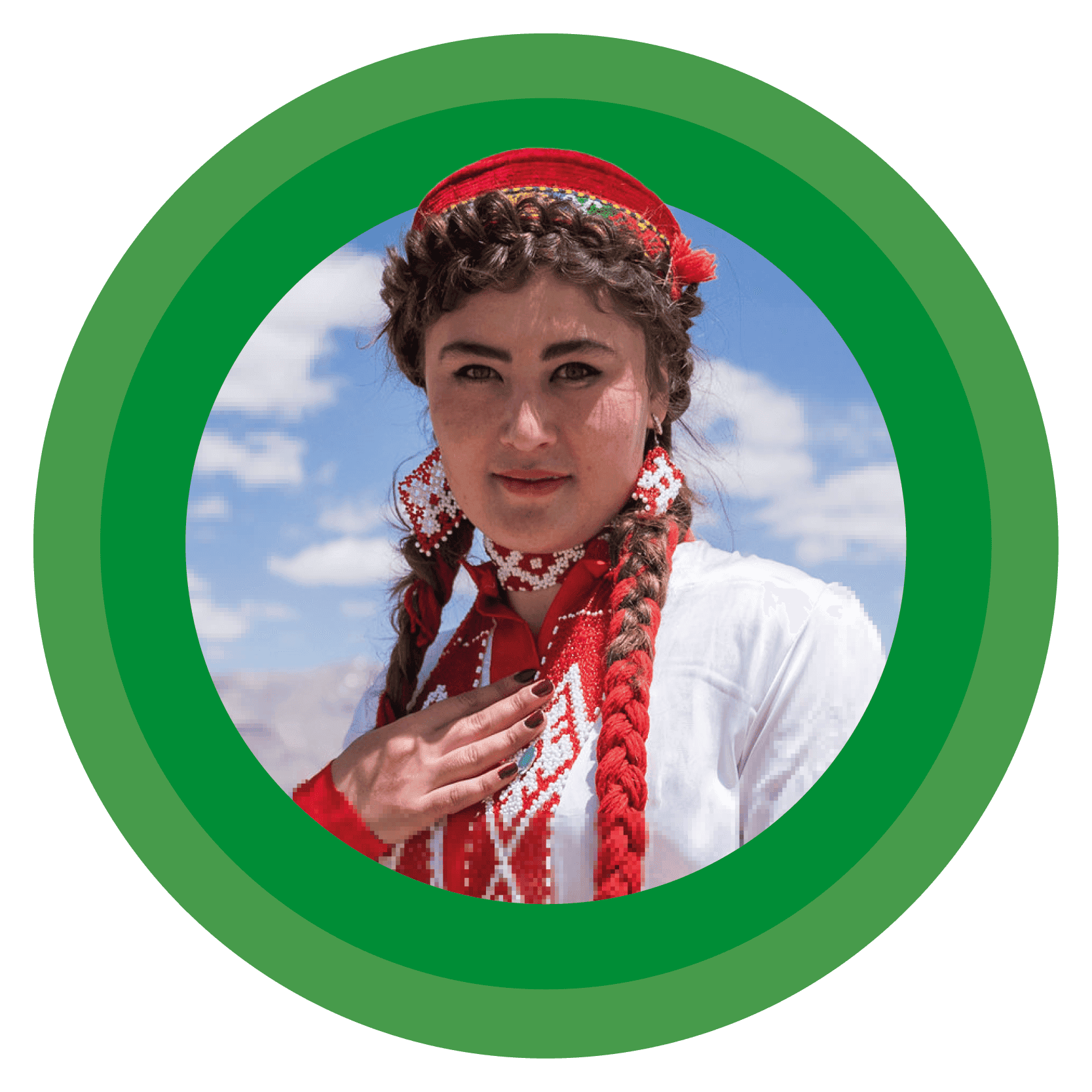
RESILIENCE
the ability to successfully adapt to stressors, maintaining psychological well-being in the face of adversity
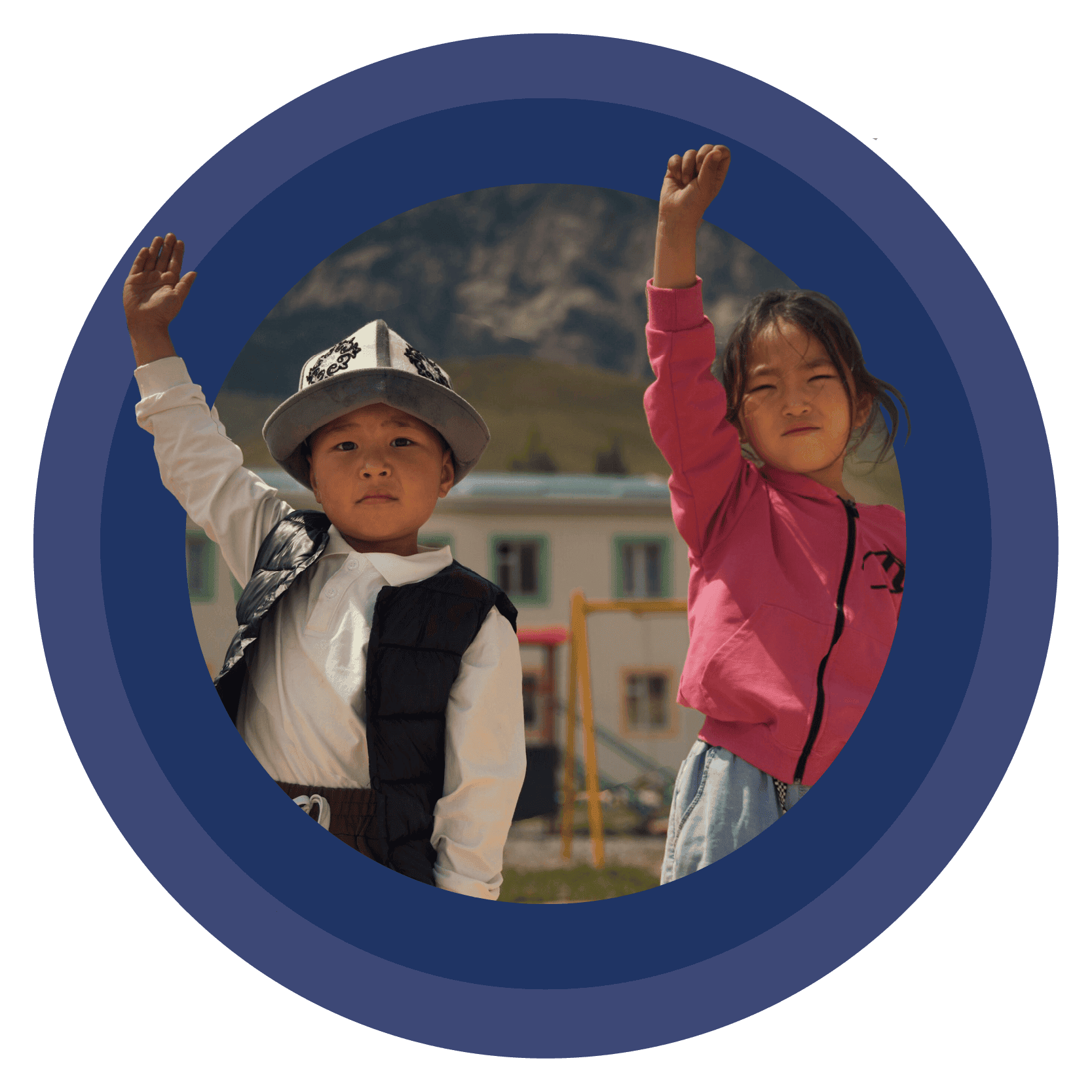
TAKING RESPONSIBILITY
acknowledging and accepting accountability for one's actions and choices, and their consequences, whether positive or negative
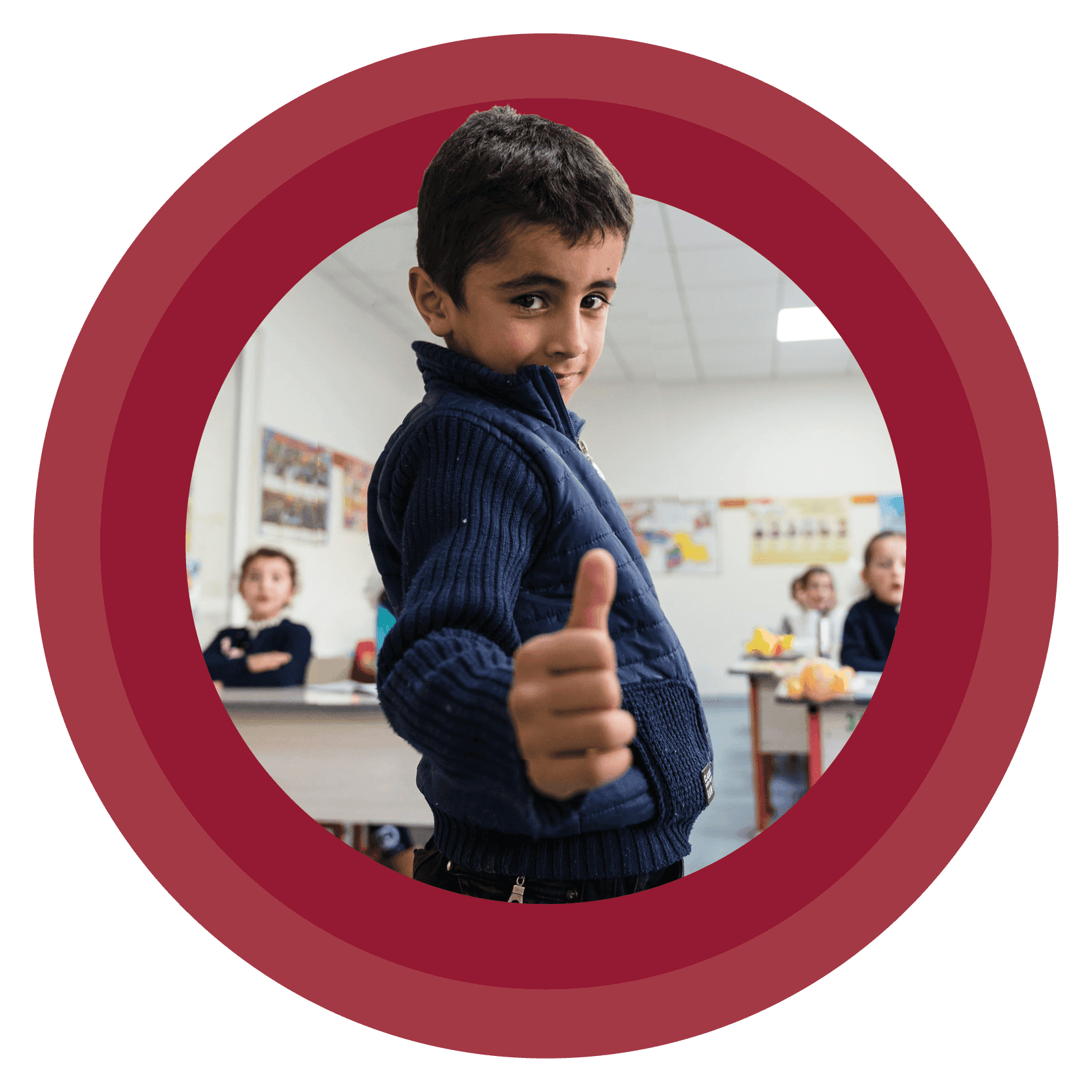
OPEN-MINDEDNESS
the willingness to consider new ideas
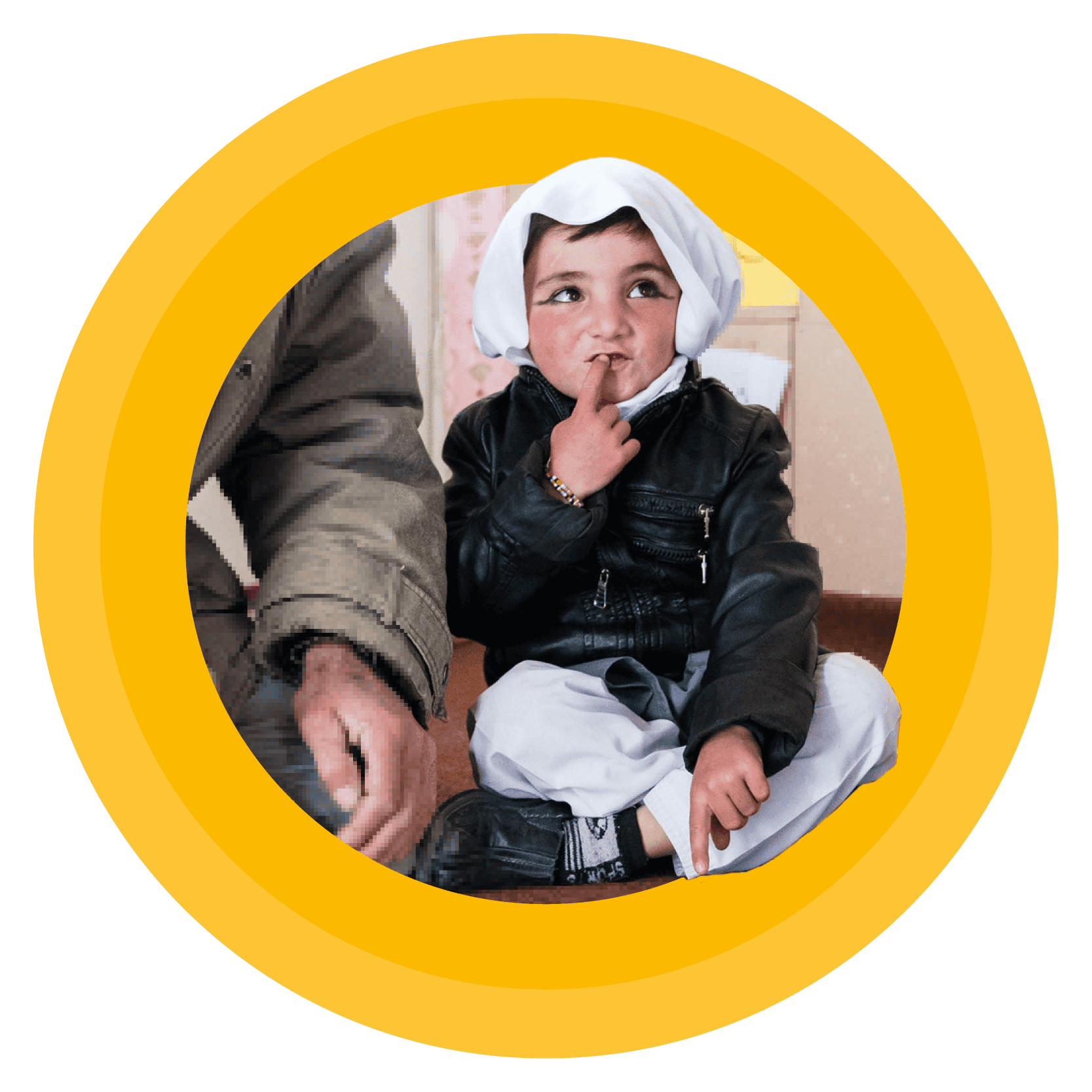
ETHICAL DECISION-MAKING
the process of making moral or value-based choices to navigate complex situations
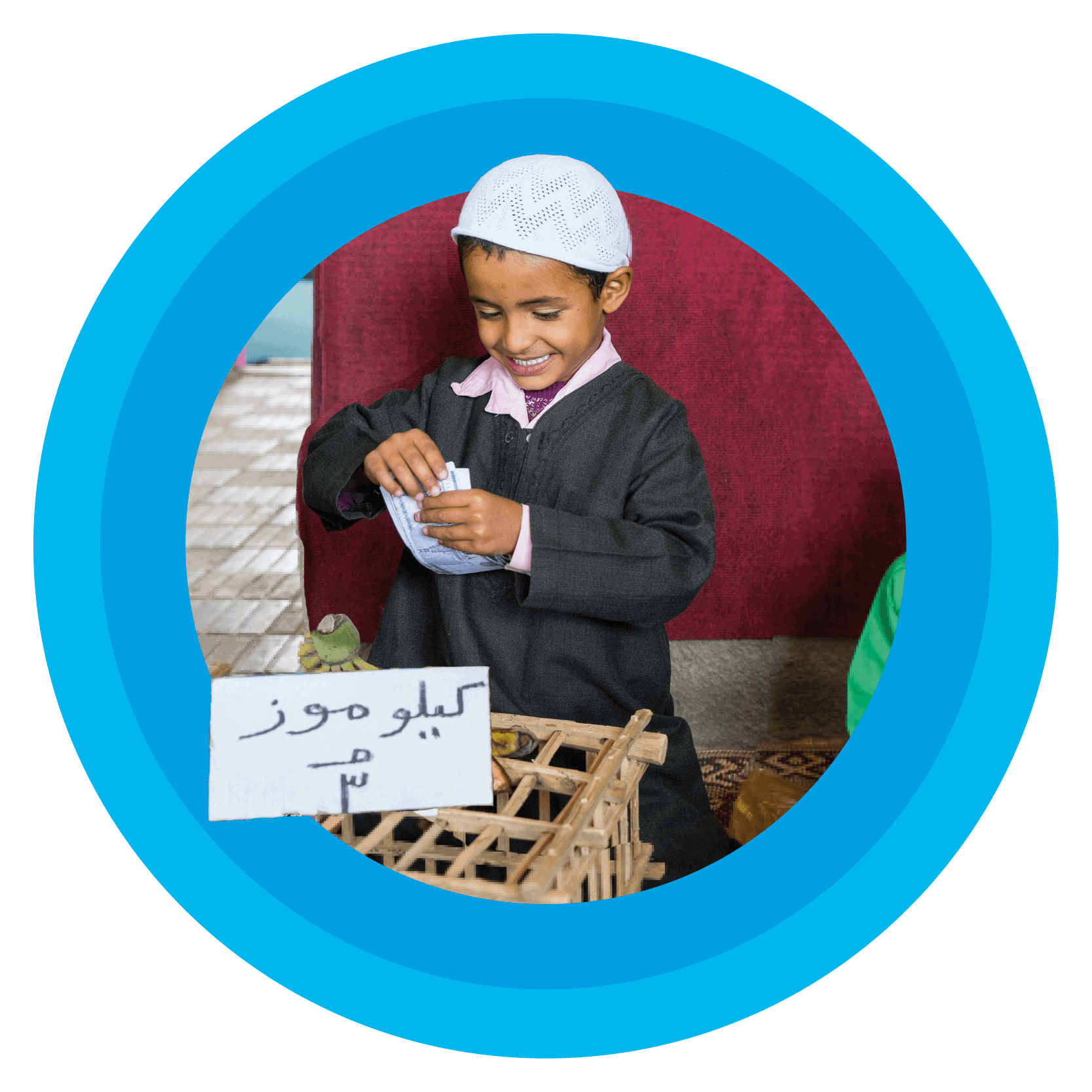
ENTREPRENEURSHIP
the process of identifying business opportunities, developing products or services, and launching and managing new ventures
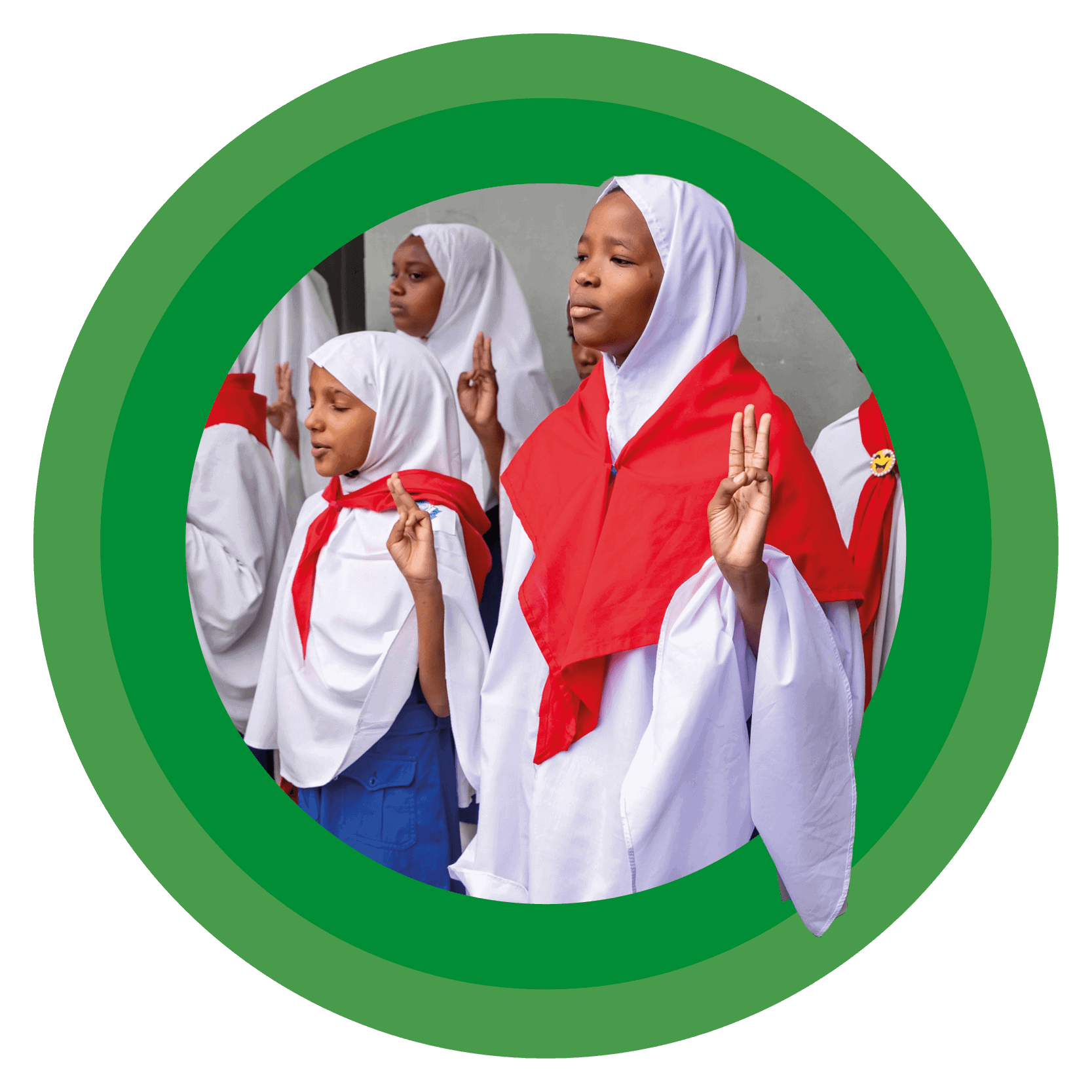
CIVIC ENGAGEMENT
the participation in actions and organisations intended to address community and social issues for the common good
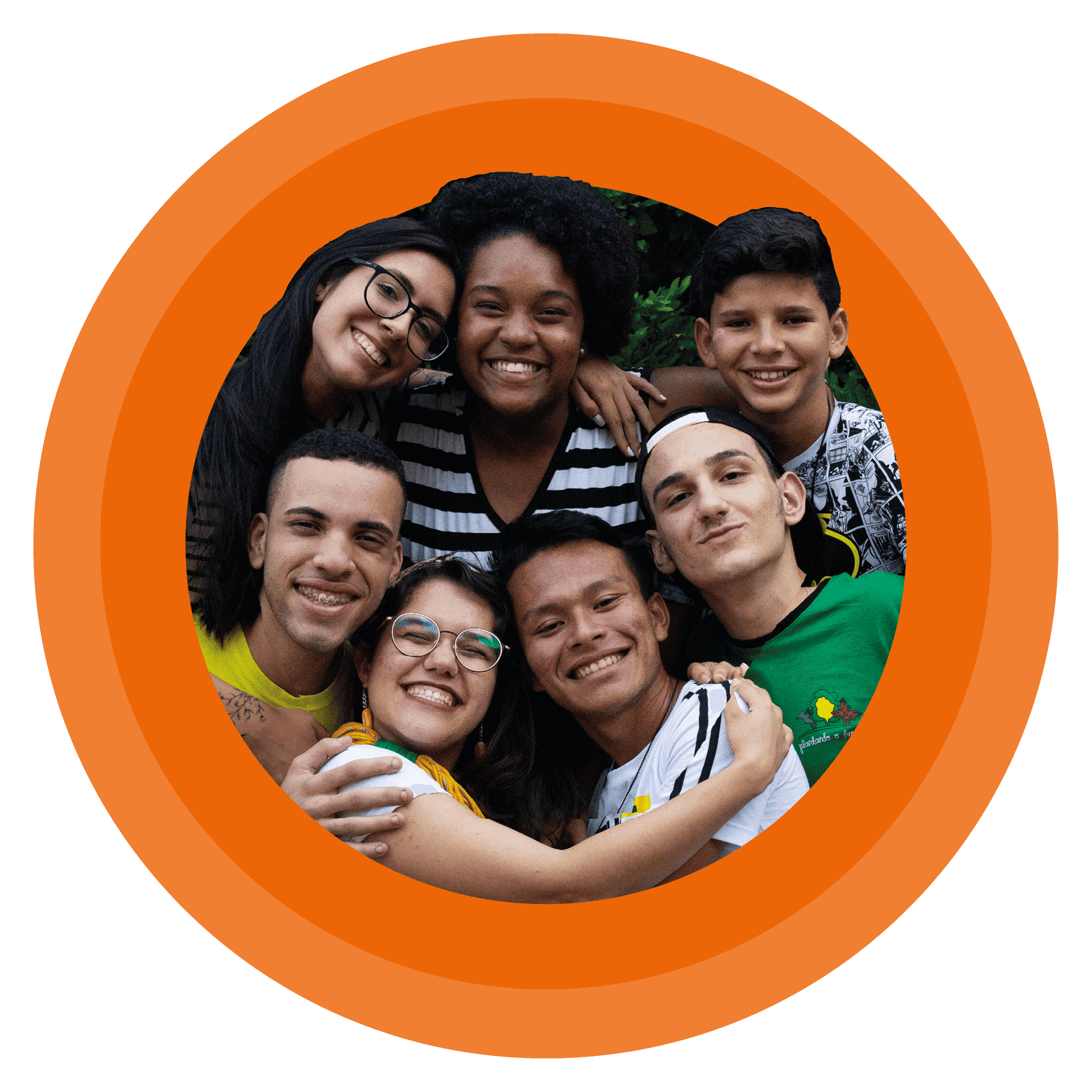
RESPECT FOR DIVERSITY
understanding that human beings are equal participants in the world, while recognising and celebrating individual uniqueness and difference
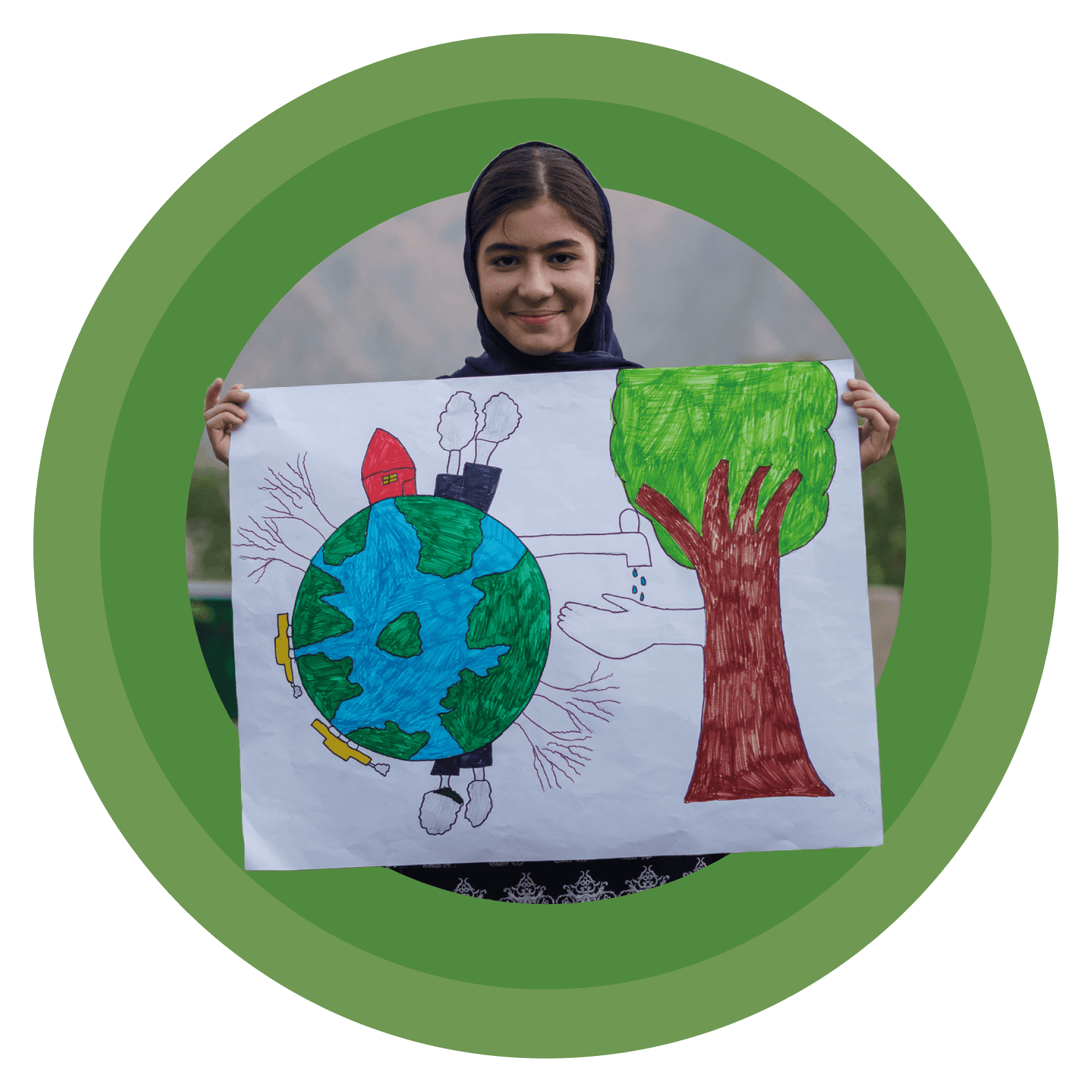
RESPECT FOR THE ENVIRONMENT
caring for and protecting the natural world, and making conscious choices to minimise harm to it
We are Building the Evidence for ‘What Works’
We are collecting data from assessments, through our evaluation work, and through research projects, to build a body of evidence that can inform teaching practices and policy-decisions the world over.
Contextualised Assessment Tools
Evaluation and Learning Reports
Action Research Partners
Explore our Assessment
Tools and Approaches
Download the Schools2030 HCD Toolkit on AKF’s Learning Hub
Donors
We are grateful to our coalition of donors and technical experts in international education development.
